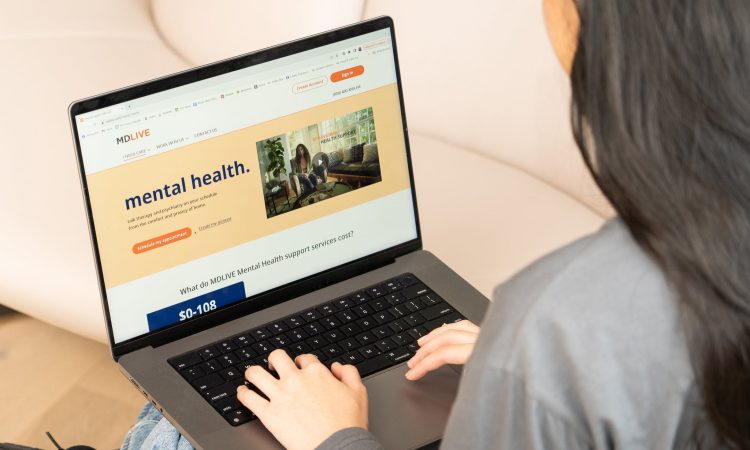In our fast-paced world, where technology continues to reshape the way we live, work, and connect, it’s no surprise that traditional therapy is also evolving. The rise of online therapy has opened new doors for individuals seeking mental health support. In this blog, we’ll explore the benefits of online therapy and how it’s changing the landscape of mental health care.
- Accessibility: One of the most significant advantages of online therapy is its accessibility. Geographical barriers no longer limit individuals from accessing the support they need. Whether you’re in a bustling city or a remote area, online therapy provides a bridge to mental health services. This accessibility is particularly crucial for those with limited mobility, busy schedules, or conditions that make in-person visits challenging.
- Convenience: Online therapy eliminates the need for commuting, allowing individuals to attend sessions from the comfort of their own homes. This convenience is a game-changer for those with hectic lifestyles, making it easier to integrate therapy into their routines. The flexibility of scheduling online sessions also accommodates varying time zones and work hours, promoting a more inclusive approach to mental health care.
- Anonymity and Privacy: For some, the idea of attending therapy in person can be intimidating. Online therapy provides a level of anonymity that can help individuals feel more comfortable sharing their thoughts and feelings. The virtual platform creates a safe space where clients can open up without the fear of being recognized or judged in their local community.
- Diverse Therapeutic Options: The online therapy landscape offers a diverse range of therapeutic approaches and modalities. Whether you’re interested in traditional talk therapy, cognitive-behavioral therapy (CBT), mindfulness-based approaches, or specialized therapies, you can find a qualified therapist who meets your unique needs. This variety empowers individuals to explore different methods and find what resonates best with them.
- Consistent Support: Online therapy fosters consistent support by removing common barriers that may interrupt traditional therapy, such as travel, weather conditions, or unexpected life events. This consistency can contribute to more effective and timely progress in addressing mental health concerns.
